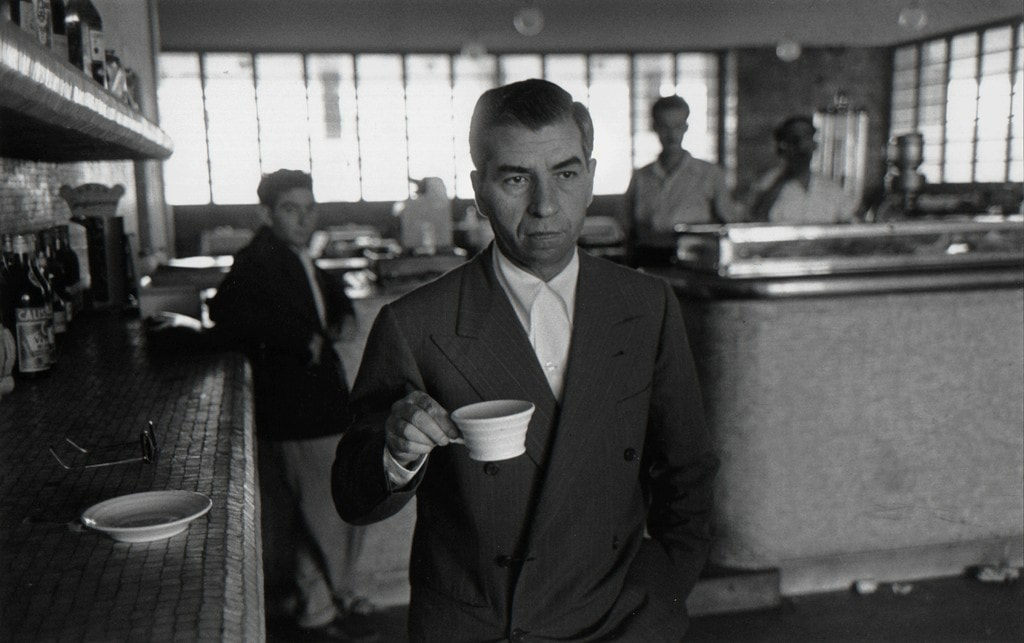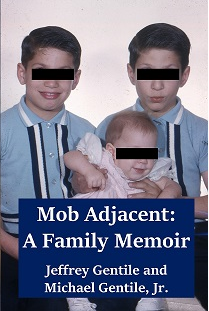|
Perhaps one of the most interesting men in the history of organized crime in America is Sicilian-born Charles Luciano (1897 – 1962). The nickname “Lucky” came after he survived an early attempt on his life. He became one of the most powerful and influential gangsters of the Twentieth Century. But there was more to him than sheer, dumb luck. There was a keen intelligence and the ability to see around the next corner. Legend says Lucky recognized early the importance of moving from a crime-based business model to a legitimate business model. He established himself as a creative thug on New York’s Lower East Side in the early 1930s and eventually became a top aide to crime boss Joe Masseria. Lucky lent a helping hand when Masseria’s feud with rival crime boss Salvatore Maranzano. Seeing which side of the bread had more butter on it, Lucky, made a deal with Maranzano and arranged for Masseria’s assassination in 1931. But Lucky didn’t believe in leaving jobs half completed. He then arranged for Maranzano’s murder and became the biggest boss in New York City. With his best pals, Meyer Lansky and Benjamin “Bugsy” Siegel, Luciano restructured organized crime. And created an organization that resembled any modern corporation. Lucky’s organization had a board of directors that focused on profits instead of ethnic loyalties and a top-down management style that would be the envy of any Fortune 500 company. The Lansky-Luciano friendship began in childhood, when Luciano tried to beat up Lansky and Lansky stood up to him. Although Luciano was Italian and Lansky was Jewish, they became friends and, later, business partners. Luciano is said to have created the professional assassins known as Murder, Inc. Lucky’s luck ran out in 1936, when special prosecutor (later New York’s governor and famously failed presidential candidate) Thomas E. Dewey charged Luciano with 62 counts of compulsory prostitution (known today as sex trafficking). He was subsequently convicted and sentenced to 30-years in prison. But Lucky wasn’t content to sit behind bars until he worked the last angle. In February of 1946, Dewey struck a deal that released Luciano from prison and deported him to Italy. The details of their "arrangement" have never been made clear. While in Italy during World War II, legend says Luciano used his contacts to help the U.S. government fight the Nazis. (Where’s the movie based on that story?) Luciano turned up in Cuba in 1947 and was again deported to Italy by U.S. officials. As he aged, his influence in the world of organized crime faded, but his celebrity status as one of the most flamboyant and creative criminals in modern history remained. His friends included celebrities like George Raft and Frank Sinatra. Luciano died of a heart attack at an airport in 1962.
After he died, Luciano was allowed back into the United States: he is entombed at St. John’s cemetery in New York City. |
Categories
All
|

















 RSS Feed
RSS Feed


